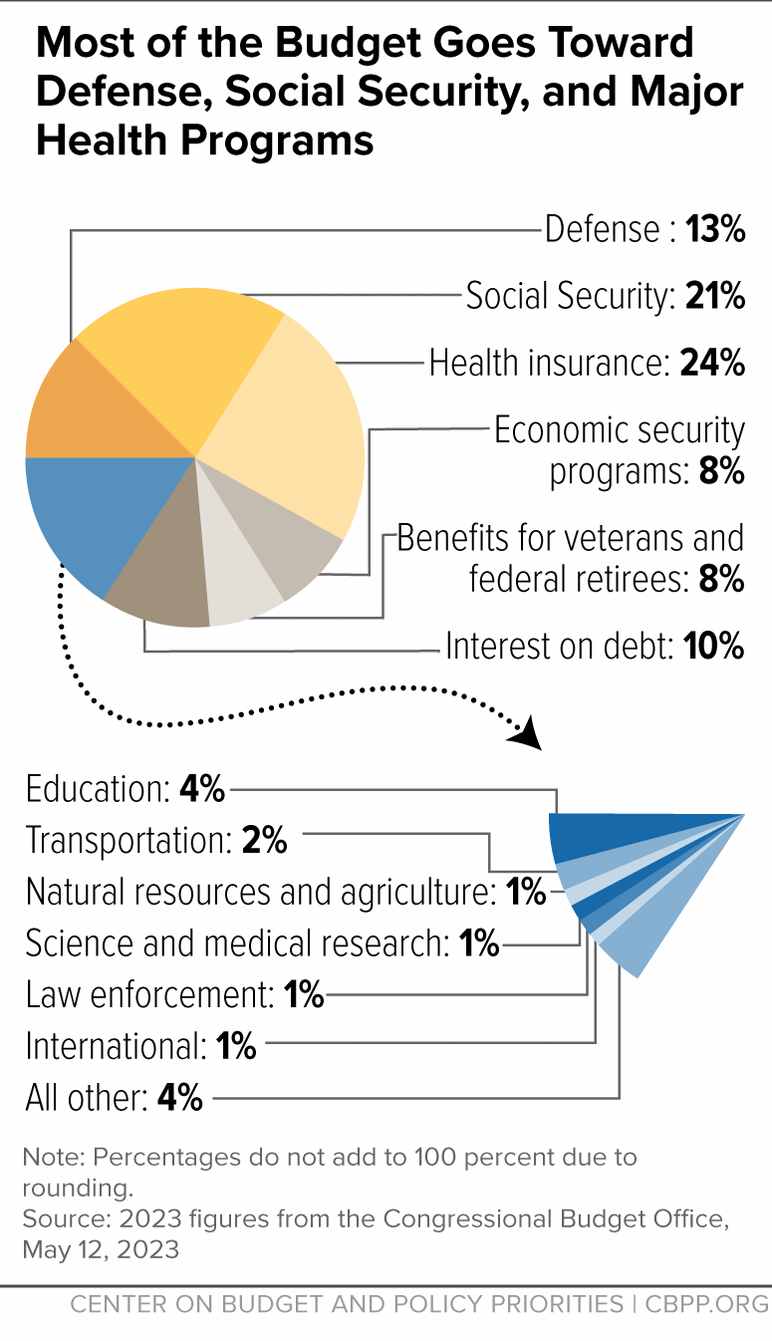The kitchen smelled of chamomile and the faint lemon of the dish soap Evelyn had used since 1962. She sat at the oak table, hands folded around a chipped mug, while her son Daniel poured himself coffee from the pot she still insisted on brewing “the old way.”
“Mom,” he said, sliding into the chair opposite, “picture this: nobody ever has to work again. Not for money. Food, rent, doctors—covered. Robots do the rest.”
Evelyn’s eyebrows rose like twin question marks. “Then who fixes the plumbing? Who grows the tomatoes?”
“Machines. And the tomatoes grow themselves in vertical farms taller than our church steeple.”
She snorted. “Sounds like a fairy tale for lazy bones.”
Daniel leaned forward. “Look in the mirror, Mom.”
She blinked. “What?”
“Have you ever worked a single day in your life? A paid job, I mean.”
Evelyn opened her mouth, closed it, then gave a small, surprised laugh. “No. Your father provided. I kept the house, raised you three heathens, canned peaches till my fingers pruned. But no… no paycheck.”
“And how’s that worked out for you?”
She considered the steam curling from her tea. “I’ve been… happy enough.”
“Exactly. You’ve lived the future, Mom. You just had a trust fund named ‘Dad.’”
Evelyn swatted the air. “Don’t be fresh.”
“I’m serious. Imagine every kid born gets the same deal—no fear of the streets, no dread of Monday. They wake up and ask, ‘What do I want to give the world today?’”
She traced the rim of her mug. “People need purpose, Danny. Without it they rot.”
“You didn’t rot. You sang in the choir, knitted blankets for the hospital, taught Mrs. Alvarez’s boy to read. That was purpose—chosen, not forced.”
Evelyn looked out the window where the maple had begun its slow turn to fire. “When your father retired,” she said softly, “he thought he’d sit in that recliner and fade. Three weeks later he was rebuilding the church pews, tutoring veterans, growing prize dahlias. Said idle hands were the devil’s, but really he just missed matter-ing.”
Daniel smiled. “That’s my point. Strip away the whip of rent and hunger, and people still reach for meaning. They just reach higher.”
She turned back to him, eyes sharp. “And the plumbers?”
“Some will plumb because they love the puzzle of pipes. Others will pay a premium for the human touch. Same with doctors, teachers, bakers. The jobs left will be the ones machines can’t fake—or that humans refuse to surrender.”
Evelyn was quiet so long the clock above the stove ticked like a metronome. Finally she said, “I worry they’ll forget how to want.”
Daniel reached across and covered her hand with his. “You never forgot. You had eighty years to prove it.”
She studied their joined hands—hers veined and spotted, his strong and ink-stained from sketching blueprints for the very farms he described. A small smile tugged at her mouth.
“Well,” she said, “if the robots burn the toast, I suppose someone will still need to show them how it’s done.”
“That’s the spirit.” He squeezed once and let go. “Welcome to the future, Mom. You’ve been living in it all along.”
Evelyn’s eyes narrowed, the way they did when she spotted a flaw in a bridge hand.
“Well,” she said, tapping the table with one finger, “with what will they pay a premium for that human touch if people aren’t working for money to pay a premium with?”
Daniel didn’t flinch. He’d been waiting for this one.
“Same way you paid Mrs. Kowalski to hem your curtains in 1978, even though you could have done it yourself.”
Evelyn frowned. “I gave her twenty dollars.”
“Exactly. Money didn’t disappear; it just stopped being a survival ticket. Everyone gets enough to live—call it the ‘floor.’ Anything above that is choice money: what you earn by delighting someone else.”
He pulled a napkin, sketched a quick ladder:
“See the base? Guaranteed. No one starves. The top? That’s where the human spark lives. People will still want your famous lemon meringue, Mom, not the robot’s perfect but soulless version. They’ll pay extra for the pie that tastes like Sunday at Grandma’s.”
Evelyn snorted. “My pie’s worth twenty dollars a slice.”
“Today, maybe. Tomorrow? Fifty. Because time is the new scarcity. When nobody’s forced to clock in, the rarest thing becomes attention—someone who bothers to flute the crust by hand.”
She leaned back, arms folded. “So the money still comes from…?”
“Three places,” Daniel counted on his fingers.
“Abundance overflow: AI and robots produce so much food, energy, goods that the cost of basics collapses. The surplus gets distributed as the floor.”
“Voluntary trade: People who love plumbing, singing, storytelling—they offer it. Others who love hearing the story tip, trade, or barter in the new currency: attention, reputation, or yes, still dollars.”
“Legacy systems: Pensions, investments, patents from the old economy keep paying out for generations.”
He slid the napkin toward her. “Think of it like the church collection plate. Nobody has to drop in a five, but they do—because Father Mike’s sermon hit them right in the heart. Same principle, just scaled to a whole society.”
Evelyn stared at the ladder, then at him. “You’re saying my lemon pie becomes the collection plate.”
“Pretty much.”
A slow grin cracked her face—the same one she wore the day he finally beat her at gin rummy.
“Well,” she said, standing to refill the kettle, “I always did think the robots would need supervision in the kitchen.”
